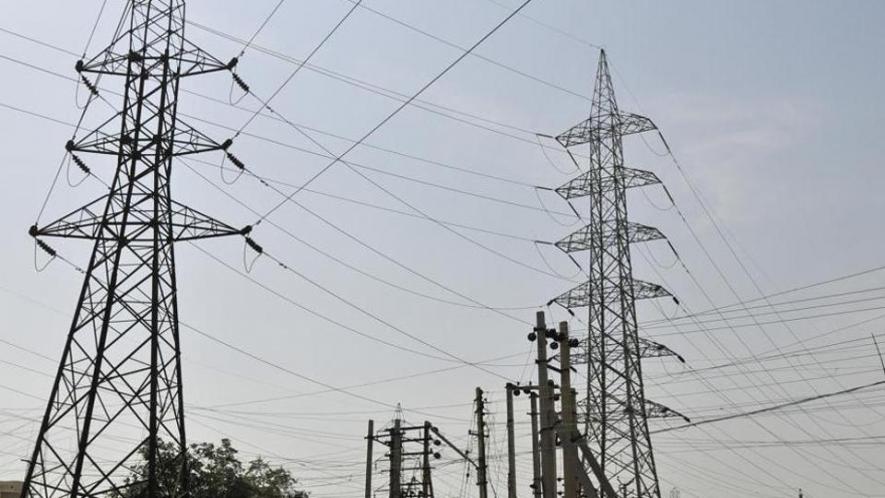Victory For Power Employees in UP, Government Rolls Back Privatisation Move

Image Courtesy: Oneindia
Power-sector employees in Uttar Pradesh, who were protesting for over a month against privatisation, have registered a victory.
The state government has agreed to withdraw the tenders it had floated in February inviting private companies to take over various electricity distribution activities in seven districts. Further, it has given an assurance in writing that no move to privatise electricity will be made anywhere in the state.
On 5 April, an agreement was signed between the state’s Principal Secretary (Energy), Alok Kumar, who is also chairman of the Uttar Pradesh Power Corporation Limited (UPPCL), and the Power Employees’ Joint Action Committee (PEJAC), which was formed by the power-sector employees to fight against the state government’s privatisation moves.
State power minister Shrikant Sharma was also present during the signing of the agreement.
In February, the UPPCL had issued tenders inviting private parties — which were to be called ‘Integrated Service Providers’ — to take over the activities of giving out new power connections, installing the meter, meter reading, changing the meter, issuing bills and collecting the revenue. Meanwhile, the maintenance of the network infrastructure would have been done by the state government. The tenders, which opened on 5 March, were floated for seven districts — Etawah, Kannauj, Orai, Raebareli, Saharanpur, Mau and Ballia.
The process of awarding tenders was to be completed by 28 March. However, the tenders could not be awarded due to the massive protests by the power employees.
On 16 March, the BJP state government had further announced the decision to entirely privatise the electricity distribution in five cities — Lucknow, Gorakhpur, Varanasi, Meerut and Moradabad — through private franchisees. This decision too has now been rolled back.
The agreement states that the tenders had been withdrawn and no privatisation move related to the power sector was to be taken in the state. Before taking any such decision in the future, the government would ensure that it consults with the engineers and employees.
Speaking to Newsclick, Shailendra Dubey, convener of PEJAC and chairman of All India Power Engineers’ Federation, said, “The employees stand united. Now that government has agreed to roll back privatisation, all employees are back to their routine work. The agreement also states that the government will work together with employees to improve the present conditions in power distribution in the state.”
On 14 March, the power employees had held a massive protest rally in the capital city of Lucknow against the privatisation.
On 28 March, power employees began the work-to-rule protest — a form of industrial action in which workers do only the bare minimum as required by the rules of their contract, which usually causes a slowdown or decrease in productivity. Under the work-to-rule, the employees were strictly not doing even a minute’s worth of work between 5pm and 10am, besides refusing to do any work on holidays.
They also began a campaign of meeting MPs and MLAs and handing over memorandums to them. Following this campaign, a BJP MP from Lucknow, Kaushal Kishore, as well as a few other BJP legislators had written to chief minister Yogi Adityanath demanding that the privatisation decision be rolled back.
The power employees had also planned to observe a 72-hour statewide strike from 9 April.
Meanwhile, power employees across the country are continuing the fight against the Electricity (Amendment) Bill 2014.
The Bill wants to extend privatisation to electricity distribution, by bifurcating the electricity distribution function into infrastructure (carriage) and supply (content). This means that while a government company would lay down the wires, private companies would compete over selling the electricity to consumers and earn profits.
On 3 April, thousands of power employees from across India came together in Delhi for a massive protest rally in Parliament Street. Under the National Coordination Committee of Electricity Employees and Engineers, the power-sector employees have called a one-day nationwide strike against the amendment Bill during the upcoming Monsoon session of Parliament in August.
Get the latest reports & analysis with people's perspective on Protests, movements & deep analytical videos, discussions of the current affairs in your Telegram app. Subscribe to NewsClick's Telegram channel & get Real-Time updates on stories, as they get published on our website.
























